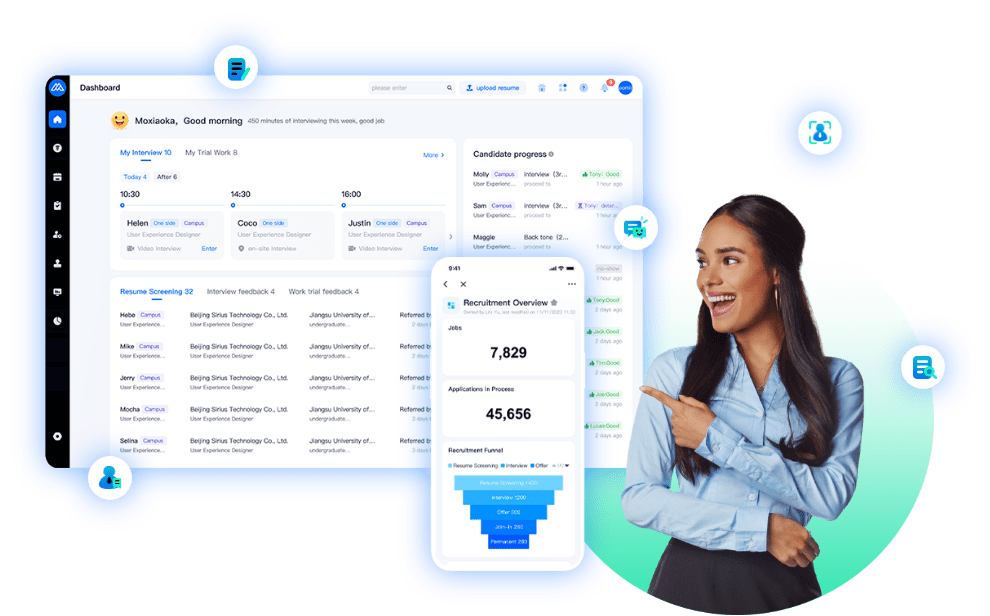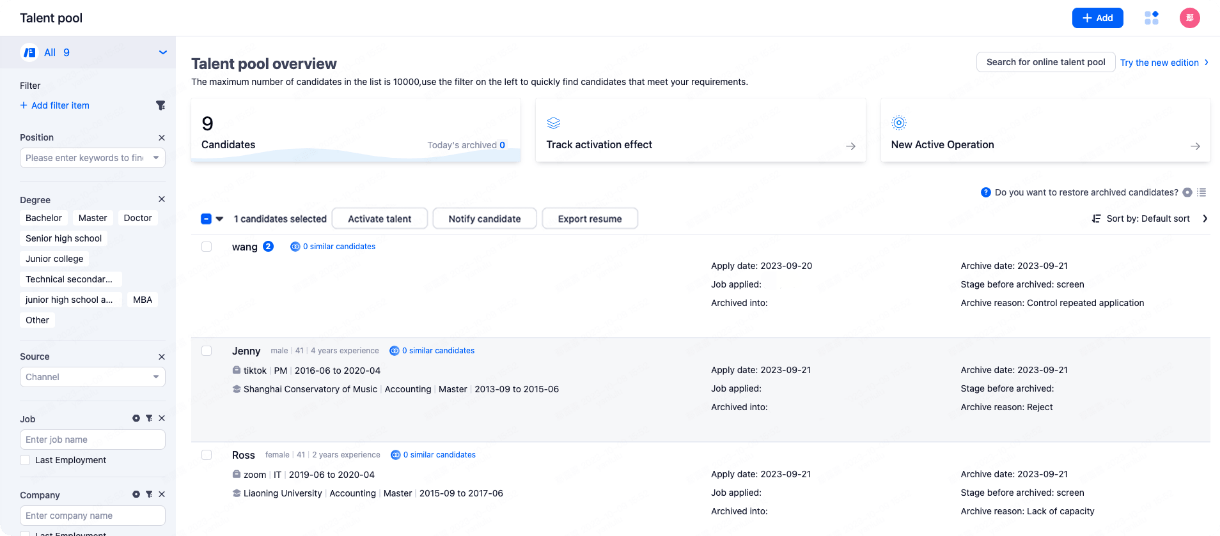Did you know that over 70% of companies are now leveraging artificial intelligence in their hiring processes? This staggering statistic underscores a transformative shift in recruitment practices, but it also raises critical questions about compliance with legal and regulatory frameworks. As organizations increasingly adopt ai hiring tools, understanding the associated legal attributes becomes paramount.
The Intricacies of AI Hiring and Its Legal Attributes
AI hiring refers to the use of machine learning algorithms and data analytics to streamline recruitment processes. However, this innovation is not without its complexities regarding legal regulations. One significant aspect is adherence to Conflict of Interest Policies, which aim to ensure fairness and transparency in hiring decisions. These policies help mitigate biases that may arise from automated systems while safeguarding against potential ethical dilemmas inherent in algorithm-driven selections.
Find more about ats software company.
The Role of ATS Software Companies in Conflict of Interest Policies

Applicant Tracking System (ATS) software companies play a crucial role in shaping how organizations implement Conflict of Interest Policies within their AI hiring frameworks. Many ATS solutions incorporate features designed to promote unbiased candidate evaluations by anonymizing applications or providing diverse candidate pools based on merit rather than demographic factors. By embedding these principles into their platforms, ATS providers contribute significantly to maintaining compliance with both internal policies and external regulations.
MokaHR’s Approach to Conflict of Interest Policies
MokaHR stands out for its robust implementation strategies concerning Conflict of Interest Policies:
- Anonymization Features: MokaHR offers tools that anonymize applicant information during initial screenings, reducing bias related to gender or ethnicity.
- Diversity Metrics: The platform provides analytics on diversity metrics throughout the recruitment process, allowing employers to assess their commitment towards equitable hiring practices.
- User Training Modules: MokaHR includes training resources for HR professionals focused on recognizing conflicts of interest when utilizing AI technologies.
- Audit Trails: The system maintains comprehensive audit trails that document decision-making processes influenced by AI recommendations—crucial for accountability purposes.
- Compliance Alerts: Automated alerts notify users if certain actions could potentially violate established conflict-of-interest guidelines during the recruiting phase.
A Conclusive Overview
Navigating the intersection between AI hiring practices and legal requirements necessitates a thorough understanding of Conflict of Interest Policies. As we have explored through various facets—from general characteristics surrounding AI recruitment technology down to specific implementations like those seen at MokaHR—it is clear that fostering an ethical approach remains essential as we embrace technological advancements in human resources management. Organizations must prioritize transparency and fairness while harnessing these innovative tools for effective talent acquisition.
